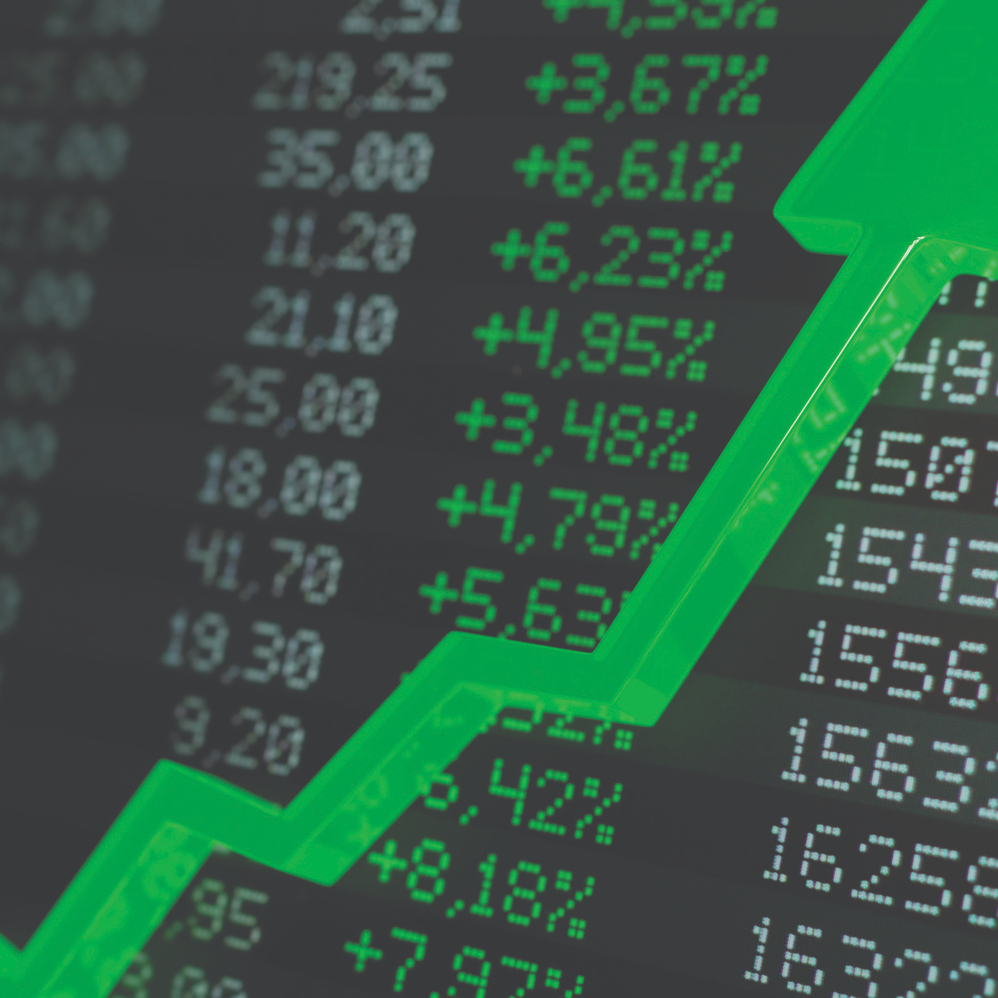Cobalt, a key component in the production of lithium-ion batteries that power phones, computers, and electric vehicles, has soared in both demand and price in recent years. Lithium-ion batteries account for over half of global cobalt consumption, and with electric vehicle sales predicted to grow from 6.5 million in 2021 to 66 million in 2040, the appetite for the metal is understandably high. However, Cobalt is a unique commodity because it’s primarily controlled by only two countries: China and the Democratic Republic of Congo. The DRC supplies about 70 percent of the world’s Cobalt, but 80% of its industrial cobalt mines are owned or financed by Chinese companies. This dynamic has disproportionately favored China and has led to hostility among the Congolese government and its domestic mining companies.
globalEDGE Blog - Page 33
Publish Date:
Prior to the invasion of Ukraine, Vladimir Putin had established Russia to be one of the greatest dominant power’s in the world, yet even at that point, Russia’s economic capabilities were hardly capable of sustaining its’ ‘empire’. In fact, when measured by today's standard exchange rates, Russia’s economy would place as the 22nd largest economy in the world. This is a noticeably sizeable leap from the powerhouse of an economy they were once revered as on the world stage, second only to the USA at one point.
Publish Date:
Subscriptions are the newest sales tactic for companies across all industries. Some of the earliest forms of subscriptions date back to the 1800s, when milkmen would deliver milk to residents weekly in the United Kingdom. Companies like Netflix, Amazon Prime, Spotify, and more have entire business models based on offering subscription services.
Publish Date:
Warmer weather is approaching, and with it comes the chance to enjoy all-natural, refreshing summer fruits. Bananas, coconuts, grapefruits, guava, pineapples, mangoes, and more all serve as welcome complements to the warmth of summer. While this is the only time of year to enjoy such treats at their best throughout much of the United States, many countries rely on the year-long production of the fruits as a key contributor to their inner economy and diet.
Publish Date:
Facial recognition is becoming more and more common throughout several different industries. Whether it is companies using it for marketing, law enforcement using it to identify suspects, or tech companies to unlock devices easily, facial recognition is seen almost everywhere in our lives. Companies like Apple, Lowe’s, Albertsons, Macy’s, and Ace Hardware already use the technology, while places like Walgreens, McDonald’s, 7-Eleven, Best Buy, Kohl’s, Starbucks, and Ross are just a few among the ones that might use it in the future. It is not only seen in a variety of companies, but The Interpol Face Recognition System (IFRS) also has a database that spans more than 179 countries. The big question remains: should facial recognition be implemented in a war zone?
Publish Date:
Need a ride? The competition between ridesharing and city taxis may soon be a thing of the past, as Uber is revamping the riding experience with more options right on your phone.
Publish Date:
Sustainability has been heavily talked about in media around the world. Especially the past few decades as scientists warn about the environmental impacts of human acts. As phrases of “global warming” and “species extinction” surface, people are starting to realize the impacts of human activities. Despite the common notion that sustainability has only been a concern in the past few decades, the history of this concept goes back further in time.
Publish Date:
Publish Date:
During the past two years, the airline industry has seen a drastic fall in revenue and air traffic due to the Covid-19 pandemic. Many hoped 2022 would bring a rise of good fortune as it predicted the spread of the virus would slow down and will lift specific covid-19 regulations. However, 2022 has brought the opposite of good luck, causing the airline industry to meltdown.
Publish Date:
The workers’ world has changed over the last year. From a transition to either remote work throughout the COVID-19 pandemic, they have to go into your essential work to keep the world running during it or find a new place within the world of businesses. No matter what, the world has shifted just a bit - and these workers have noticed.












